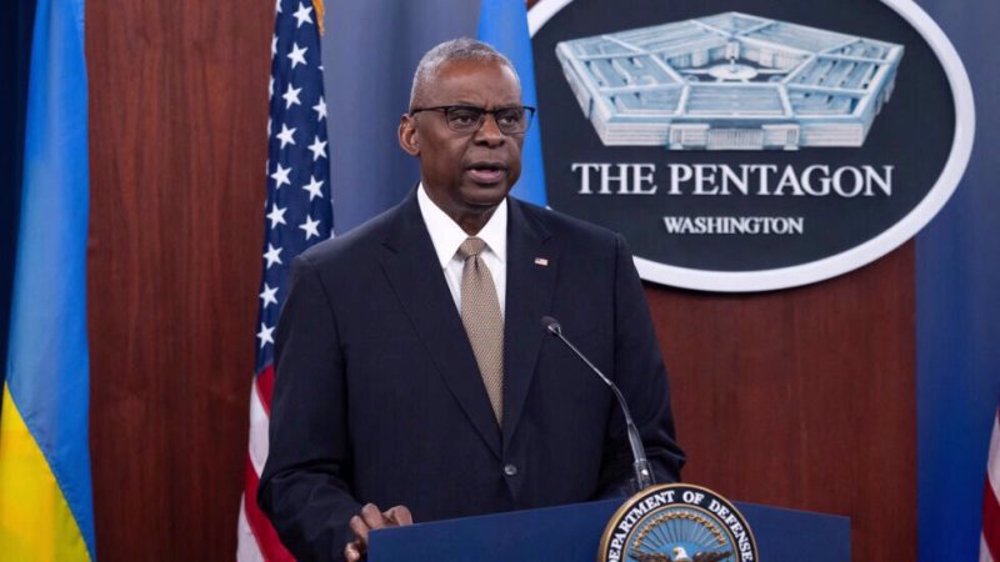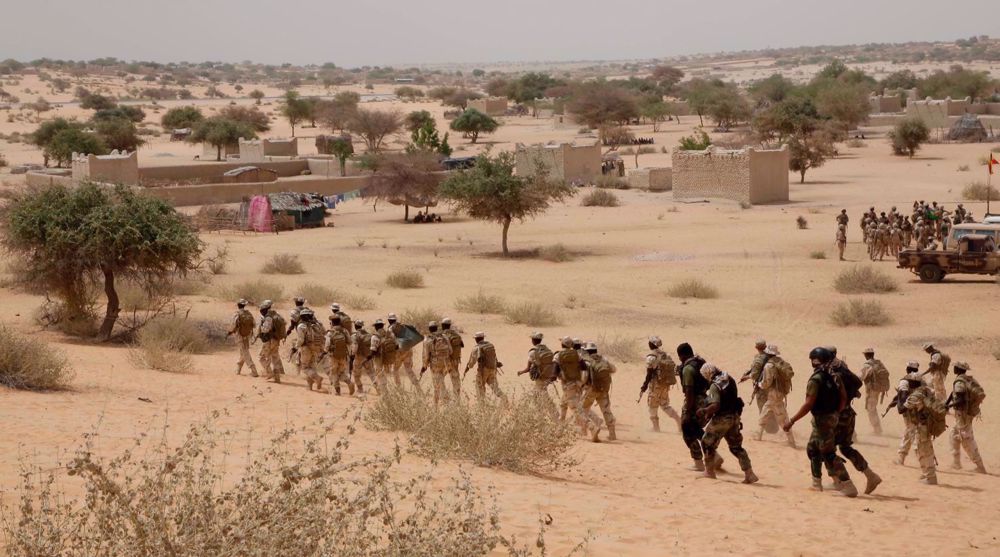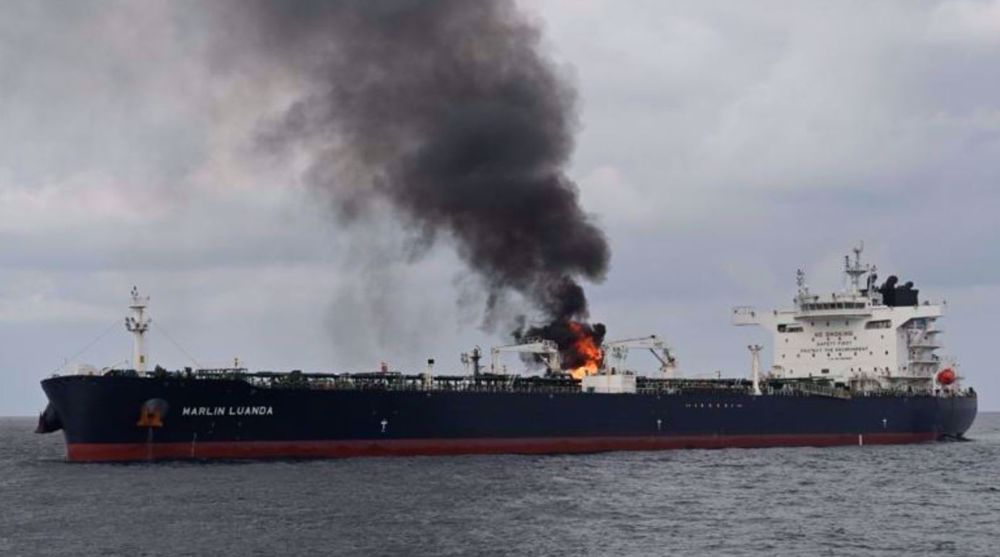US experts dispute North Korea's Hydorgen bomb test
American military experts have accused North Korean officials of exaggerating their claims of successfully detonating the nation's first Hydrogen bomb.
Kenneth W. Ford, an American physicist who worked on the first American hydrogen bomb, told the New York Times on Thursday that, compared to American H-bombs, the alleged North Korean bomb created too small of an earthquake.
In 1971, the US detonated the Cannikin thermonuclear bomb one mile beneath the ground in Amchitka, Alaska. The detonation became known as the largest underground test the US ever conducted, resulting in a 6.8 magnitude earthquake.
North Korea’s alleged bomb, however, triggered an earthquake of 4.8 magnitudes which, on the logarithmic scale of earthquake magnitude, indicates a huge drop in explosive power.
“How could a thermonuclear blast trigger such a weak seismic signal?” Ford said. “I agree with the suspicion that it was not a true H-bomb.”
Philip E. Coyle III, the nuclear expert who directed the Cannikin test, said the seismic signature of the Pyongyang test was “low enough so that it will be difficult to tell if the device was boosted, thermonuclear, just fission or whatever.”
David Albright, president of the Washington-based Institute for Science and International Security, said North Korea “may be bluffing” in making very large claims for what was actually a small atom bomb. “This possibility,” he added, “should be carefully considered.”
South Korean experts allege that the energy released in the blast was equivalent to six kilotons of high explosives. In contrast, the atomic bomb the US dropped on Hiroshima in 1945 was nearly three times as powerful, with a power of around 15 kilotons.
On Wednesday, the White House expressed doubt over Pyongyang’s claims, citing inconsistency between the data obtained and North Korea’s allegations.
Meanwhile, North Korea's state news agency stressed that the country has now “proudly joined the advanced ranks of nuclear weapons states.”
Only five countries are officially known to possess thermonuclear weapons-- the US, Russia, Britain, France and China.
Israeli genocide amid Olympic Games
Iran's Shiraz University to grant scholarships to expelled pro-Palestine students in US
Malaysian PM calls on Muslim states to remain 'firm' in bringing Israel to justice
Israel's planned Rafah invasion ‘completely unacceptable’: European Commission chief
VIDEO | University of Chicago joins nationwide anti-war protests
VIDEO | Pakistan intensifies crackdown against Afghan migrants amid 'security threats'
VIDEO | Paris protest demands ban for Israel at Summer Olympics
VIDEO | Yemeni armed forces intensify naval operations










 This makes it easy to access the Press TV website
This makes it easy to access the Press TV website